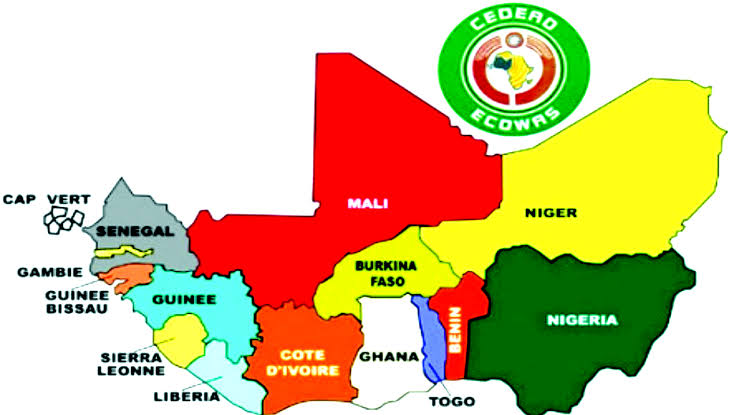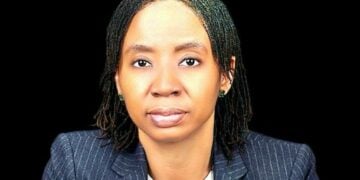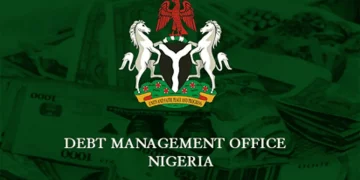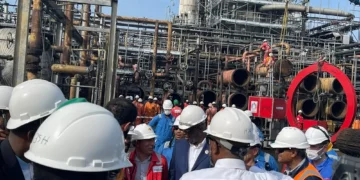The Economic Community of West African States(ECOWAS) has been urged to initiative urgent regional economic roadmap that would address the skyrocketing prices of food and essentials of life which threaten stability in one of the World’s poorest regional blocs.
ECOWAS is also urged to address human right violations arising from detention of political dissents, religious intolerance and terrorism by state and non-state actors.
“Addressing economic inequalities, youth unemployment and fighting corruption in a honest and decisive manner is a major antidote to military coups, far more critical than threats of invasion of countries seized by soldiers at gun point,” the Nigerian Working Group on Peace and Conflict Prevention, (WGPCP) said on Wednesday.
The ECOWAS body is urged to call an economic summit that would involve civil society and other international partners to tackle immediate challenges that may plunge the region into turmoil is not quickly addressed.
ECOWAS members have witnessed military take-over of power in three member states, while on Wednesday, Gabon in nearby Central Africa was struck by another military coup.
The group said coups in any form is condemnable adding that the people in West Africa should determine their future through fair, credible and transparent elections.
The Working Group however said preventing coups lay in good governance and placing the public interest at the front burner of government policies. The group also calls for the release of all political detainees.
In a statement on Wednesday, Nigerian Working Group on Peace and Conflict Prevention, (WGPCP) said, while ECOWAS member states are plotting to invade Niger to install democracy, the most important focal point is for the regional body to initiate a trans-national economic blue print that would bail the region out of misery, poverty, youth unemployment amidst large-scale proliferation of illicit arms, factors which coup plotters continue to exploit.
The group, in a statement signed by WGPCP chairman, Adewale Adeoye and General Secretary, Chief Digifa Werenipre said, it has written to the chairman of ECOWAS, President Bola Tinubu and the Executive Secretary, Mohammed Ibn Chambers. Others that signed the statement are regional representatives Prof Lucky Akaruese, Dim Uche Okwukwu and Kudu Abubakar.
‘We call on ECOWAS to call an emergency summit on regional cooperation that can lead to economic revival of member states. We want to see a new economic roadmap that will address basic needs of the sub-region like road, food, agriculture, free trade and human security. ECOWAS should define its own framework of development that would lift the bloc from a state of stupor and citizen hopelessness,” it stressed.
The Working Group said, with its population of 418,544,337, more than half of the citizens of West Africa are poor forcing the mainly vulnerable youth population to embark on desperation to survive including going to Europe by trudging through the life threatening desert ruled by violent gangs before getting to the Atlantic Ocean which they swarm to cross over by all means necessary even at the risk of imminent death.
It listed the three leading economy in West Africa as Nigeria, Ghana and Cape Verde but that the leading country Nigeria continues to witness economic instability, growing unemployment, violence and rising inflation rate which may inevitably lead to greater crisis in the region.
‘With GDP of some $477.38b, Nigeria is expected to provide leadership for the ECOWAS but the country is facing serious economic decline. There are some 95.1m poor Nigerians. The World Bank estimates that the figure may hit over 100million poor representing half of the population while 133 million are multi-dimensionally poor. This is dangerous for the political and economic stability of the entire West Africa sub-region’, the group said.
According to the Working Group, “West African leaders should feel guilty if not ashamed for pushing their citizens to the edge of suicidal methods of survival borne out of deprivation, exclusion, poverty and inequalities occasioned by inept leadership in most of West African States.”
The Working group was established in 2016 following a string of national conferences in Nigeria’s six geo-political zones spearheaded the Journalists for Democratic Rights, JODER with the support of the Ford Foundation, West Africa Regional Office. The Working Group conducts research on conflict across Nigeria and provide warning signals where necessary.





